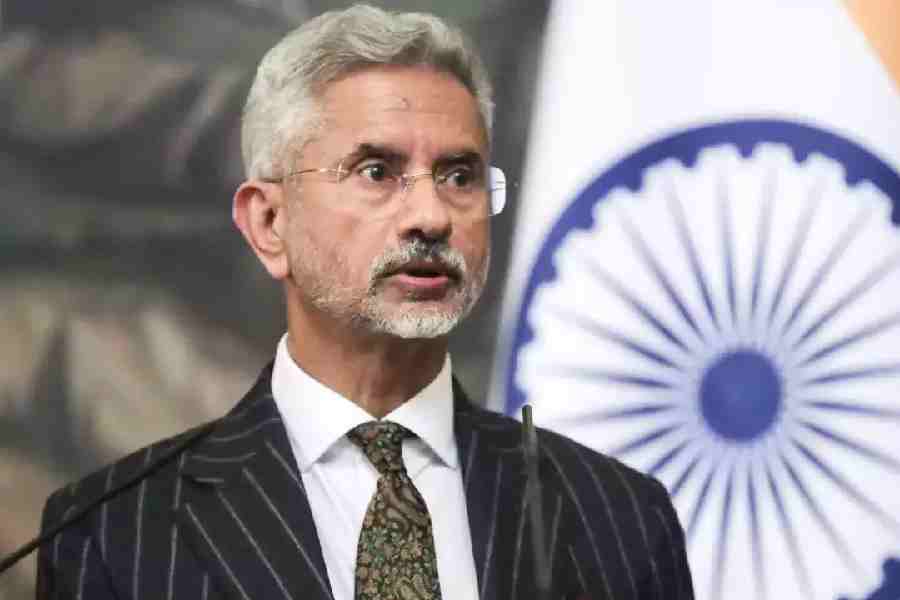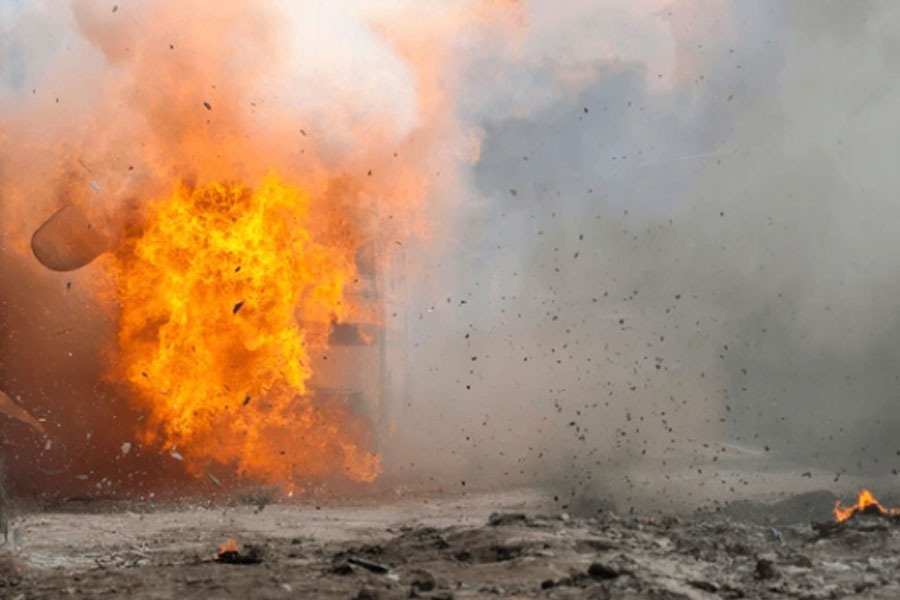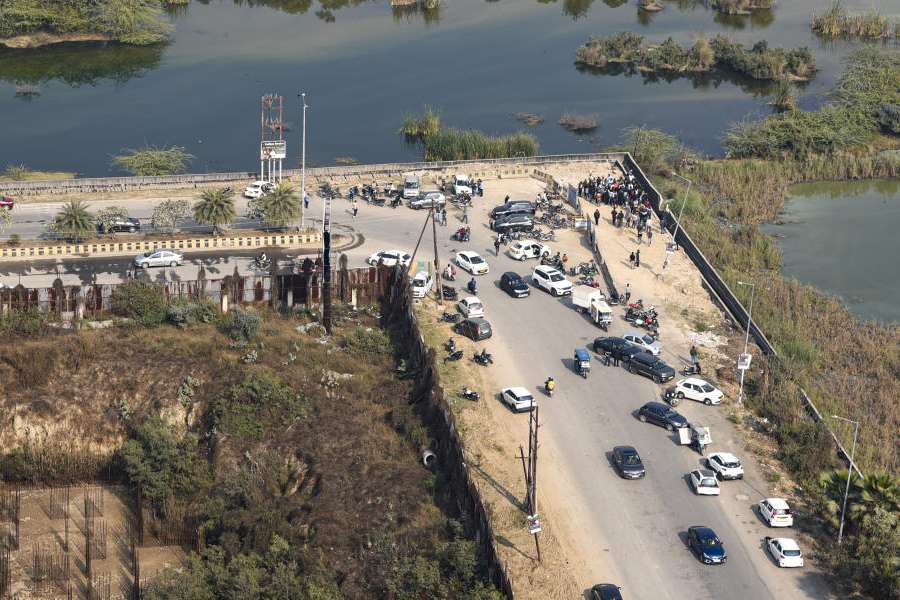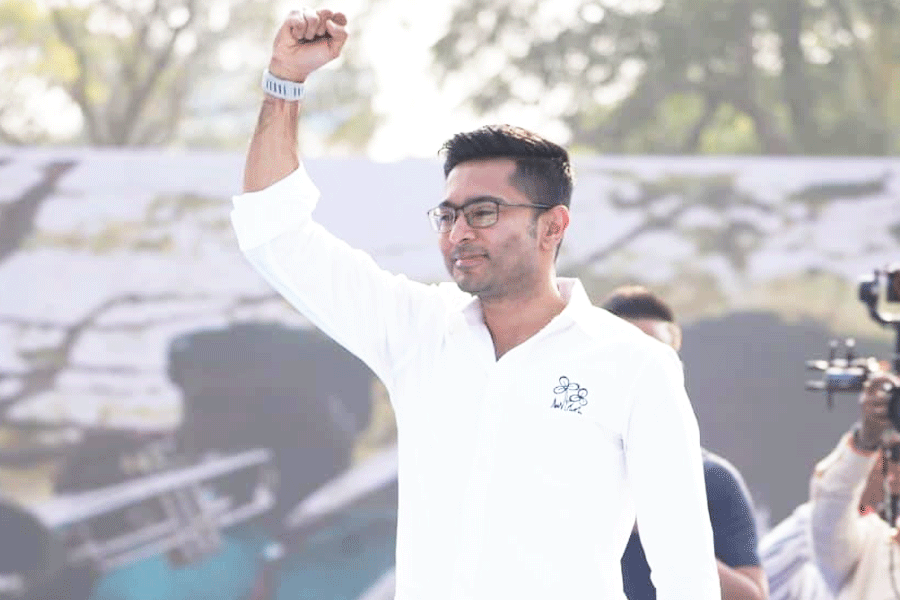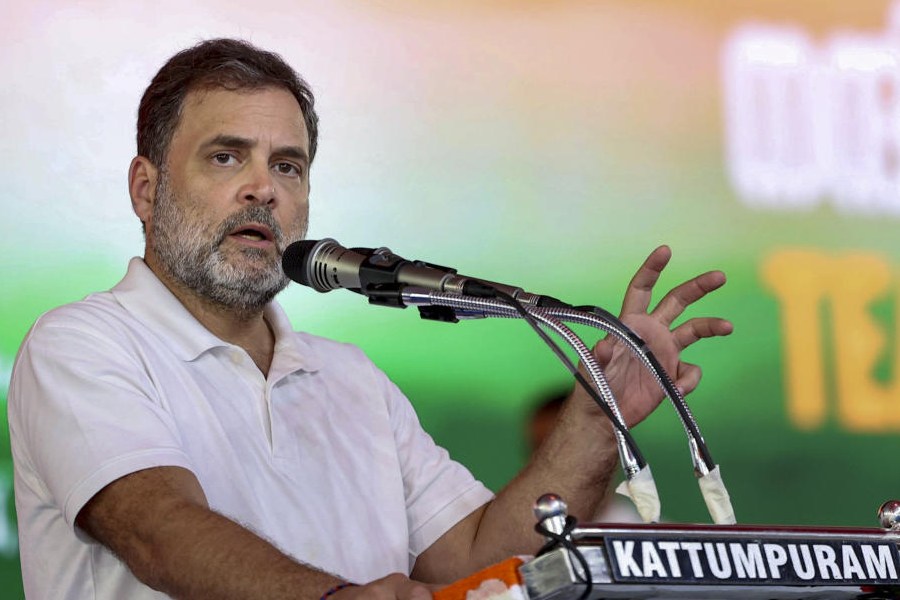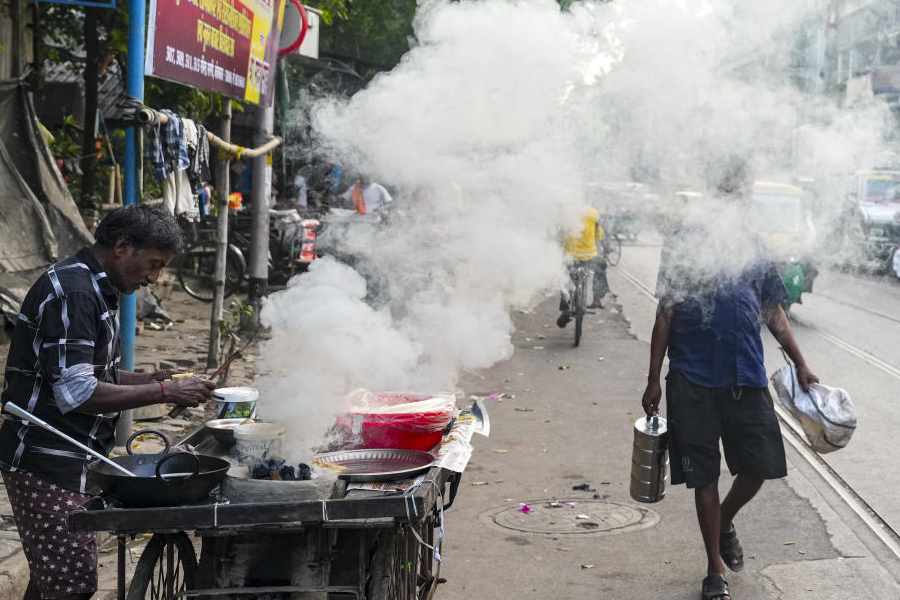The high court on Wednesday upheld the West Bengal School Service Commission’s authority to conduct teacher recruitment tests under its preferred rules, dismissing petitions that sought to force the use of older regulations.
The controversy stems from the SSC’s decision to implement rules approved in May 2025 instead of the 2016 guidelines favoured by petitioners. Under the new framework, in-service teachers can earn up to 20 marks — 10 each for teaching experience and lecture demonstration — which critics argue creates an unfair advantage.
This dispute is rooted in a broader recruitment scandal that has plagued Bengal’s education system. The Supreme Court previously cancelled the entire 2016 SSC teacher recruitment process due to widespread irregularities, nullifying appointments of over 25,000 teaching and non-teaching staff.
Of those affected, 15,403 teachers were dismissed in April but allowed to continue working until December 31, 2025, while the state conducts fresh recruitment by the same deadline.
Rules row
The scoring systems between the two sets of rules differ significantly:
2016 Rules:
- Written tests: 55 marks
- Academic qualifications: 35 marks
- Interview: 10 marks
2025 Rules:
- Written test: 60 marks
- Teaching experience: 10 marks
- Lecture demonstration: 10 marks
- Academic qualifications: 10 marks
- Interview: 10 marks
Court’s reasoning
The division bench of Justice Soumen Sen and Justice Smita Das De on Wednesday ruled that the Supreme Court’s April order mandating fresh recruitment by December 31 did not specify which rules to follow.
“The petitions challenging the state government’s decision to hold the selection tests based on this year’s rules stand dismissed. The court will not intervene,” the bench said.
The written order, uploaded in the evening, stated: “We accept the submission on behalf of the state respondents that there was no specific direction in the order of the Supreme Court by which the State is obligated only to fill up the declared vacancies of 1st SLST 2016. All the orders relating to the issue have directed fresh recruitment to be carried out without any specific reference to the Recruitment Rules 2016.”
It added: “If the Government felt that the experience gained by the candidates is relevant, the court cannot take a different view in judicial review. Similarly, prescribing any age limit for a given post and also deciding the extent to which any relaxation can be given to the said age limit are essentially matters of policy. The criteria laid down in the recruitment process of 2025 were intended to select the best of the candidates. The right to education guaranteed in terms of Article 21-A clearly envisages quality education being imparted to the children, which in turn would signify that the teacher must be meritorious and the best of the lot.”
Senior advocate Kalyan Bandyopadhyay, representing the SSC, argued that the state government has the prerogative to decide rules that attract the brightest candidates.
“The court accepted our contention that awarding 20 marks does not necessarily mean we have tried to favour the 15,403 teachers,” Bandyopadhyay said.
The petitioners — candidates who passed the 2016 tests but never got jobs due to the scandal — feel doubly disadvantaged. “We had been deprived of jobs because of corrupt practices. Now we are being discriminated against by extending relaxations to those in service,” said petitioner Lubana Parvin.
Applications for the new tests began on June 16 and continue until July 21, with written exams tentatively scheduled for September.
An education department official said the court’s decision removes a major obstacle to completing the recruitment, which must proceed if the Supreme Court rejects the state’s review petitions regarding the original dismissal order.


